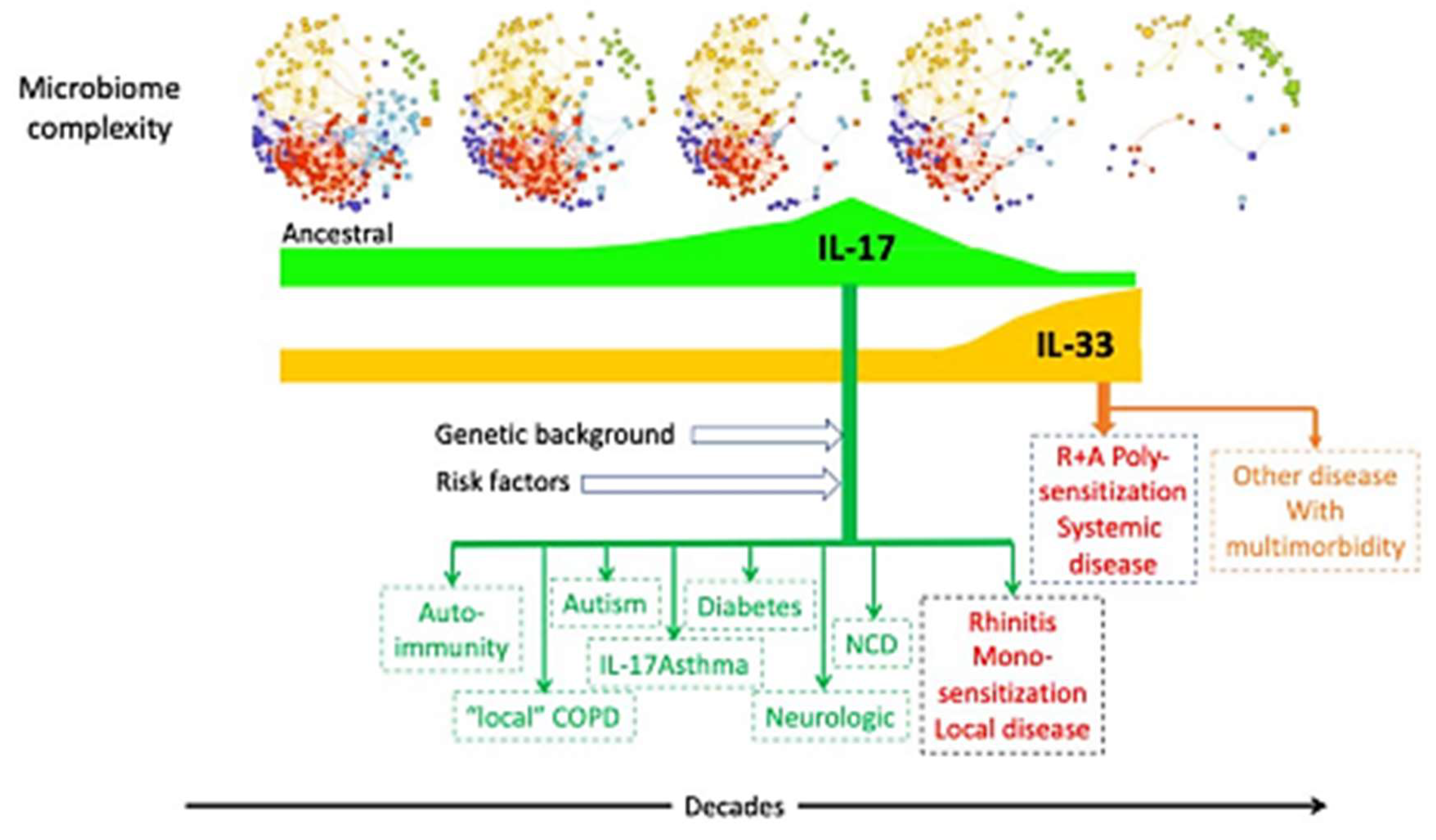Abstract
 |
| Putative mechanisms between microbiome and diseases. |
A blog that publishes updates and open access scientific papers about allergy, asthma and immunology. Editor: Juan Carlos Ivancevich, MD. Specialist in Allergy & Immunology
Abstract
 |
| Putative mechanisms between microbiome and diseases. |
No comments:
Post a Comment